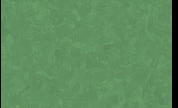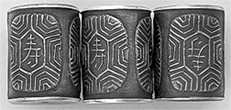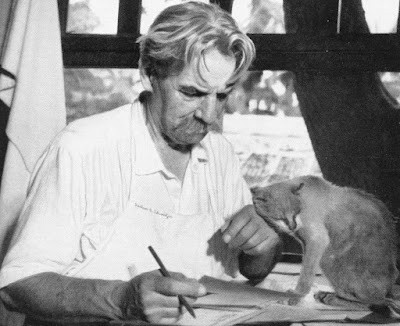 |
|||
 |
|||
| | |
|
|


In Chinese tradition, red is a lucky color and eating tortoises brings
longevity and good fortune. Red tortoise cakes are a dumpling with
a red colored rice flour skin and a sweet filling. The cakes are molded
in a turtle shell shape with the character for longevity in the middle
of the design. They are eaten during festivals or on auspicious occasions,
conveying wishes for long life and prosperity.

"There are two means of refuge from the misery of life -- music and cats."
-- Albert Schweitzer
Albert Schweitzer was a theologian, organist, musicologist, writer, humanitarian, philosopher, Nobel Peace Prize winner, physician, and, last but not least, a cat lover. I can attest to the efficacy of both of these remedies. For me, like Schweitzer, the music is Bach, and the cat on my lap is Frances, my tailless taupe tabby. The photo below shows Schwietzer with his beloved cat Sizi.


"If one can't be happy, one must be amused."
-- Nancy Mitford, "Love
from Nancy: the Letters of Nancy Mitford."
I strongly endorse this sentiment!
If I'm anxious, bored, sad, or angry, something amusing can keep me
from sliding into a funk. I look at amusement two ways - I can look
for the humor in the situation, or I can do something I enjoy. Either
one refocuses my thoughts, shifts my perspective, and lets me see a
path forward.